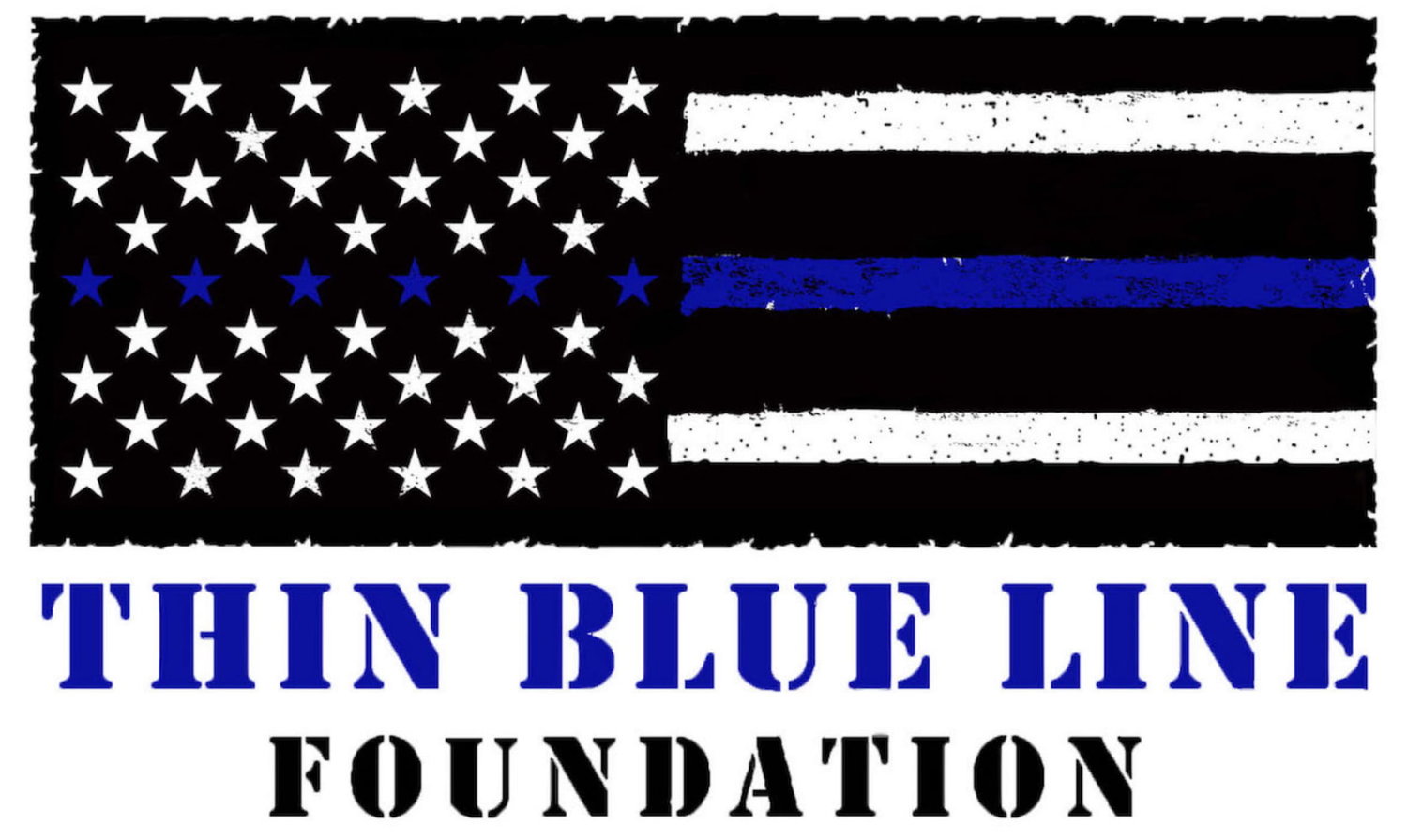Teenagers – Coping with the Unexpected
Sometimes an event will happen in people’s lives that are unexpected. The event can affect the teenager, family, friends, school, and community in profound ways. People may experience a wide range of emotions in response to the event. Feelings of shock, disbelief, anger, sadness, loss, confusion, and fear, just to name a few that would not be uncommon.
It is very important for the teenagers to talk with their parents, friends, and teachers about what happened, the feelings being experienced, and how to express these feelings in a positive and constructive way.
Parents, friends, and teachers may notice changes in teenagers since the event. Changes may happen in the teenagers’ behavior, feelings, thoughts, and physical reactions. These reactions are normal reactions to abnormal events. The following are some, and not all, of the behavior teenagers may show who are reacting to the event.
- Headaches; other physical complaints
- Appetite changes; eating much more or eating less
- Sleep disturbances; hard to fall asleep and nightmares
- Emotional turmoil; confusion, irritability
- Listlessness and withdrawal from family and friends
- Replay of the event; including sounds, sights, and smells
- Difficulty concentrating; hard to do school work or watch television
- Feeling of inadequacy and helplessness
- School problems
- Reverting to previous behaviors/attitudes
- Decline in previous responsible behavior
- Decline in struggles with parents
- Decline in interest in romantic activity
- Fears and concerns about safety
- Acting out behavior (drug use, delinquency, sexual acting out)
- Self-destructive and accident prone behavior
Parents and friends can help teenagers who are experiencing emotional reactions to the event.
1. Support the teenager: Support can be provided in a variety of ways. Sometimes just spending time with the teenager doing household errands, driving somewhere or just hanging out can be helpful.
2. Understanding: It is important to teenagers that parents and friends understand the feelings, thoughts and unique meanings they have about the event. Parents and teachers need to understand that the teenager may choose to discuss their reactions and feelings with their peers and other they trust outside the family.
3. Reassure: Provide reassurance to the teenager. Time, tears and talk are necessary and will help teenager cope with their reactions to this event. Emotional recovery from the event takes time.
4. Encourage: encourage discussion and evaluation of realistic expectations about recovery. Encourage peer support and understanding. Encourage efforts toward constructive alternatives. Postpone making radical decision for a while after the events.
Resources Contact your School Counselor or Psychologist for more information.
The Counseling Team International
1881 Business Center Drive, Suite 11
San Bernardino, CA 92408
(909) 884-0133
www.thecounselingteam.com
